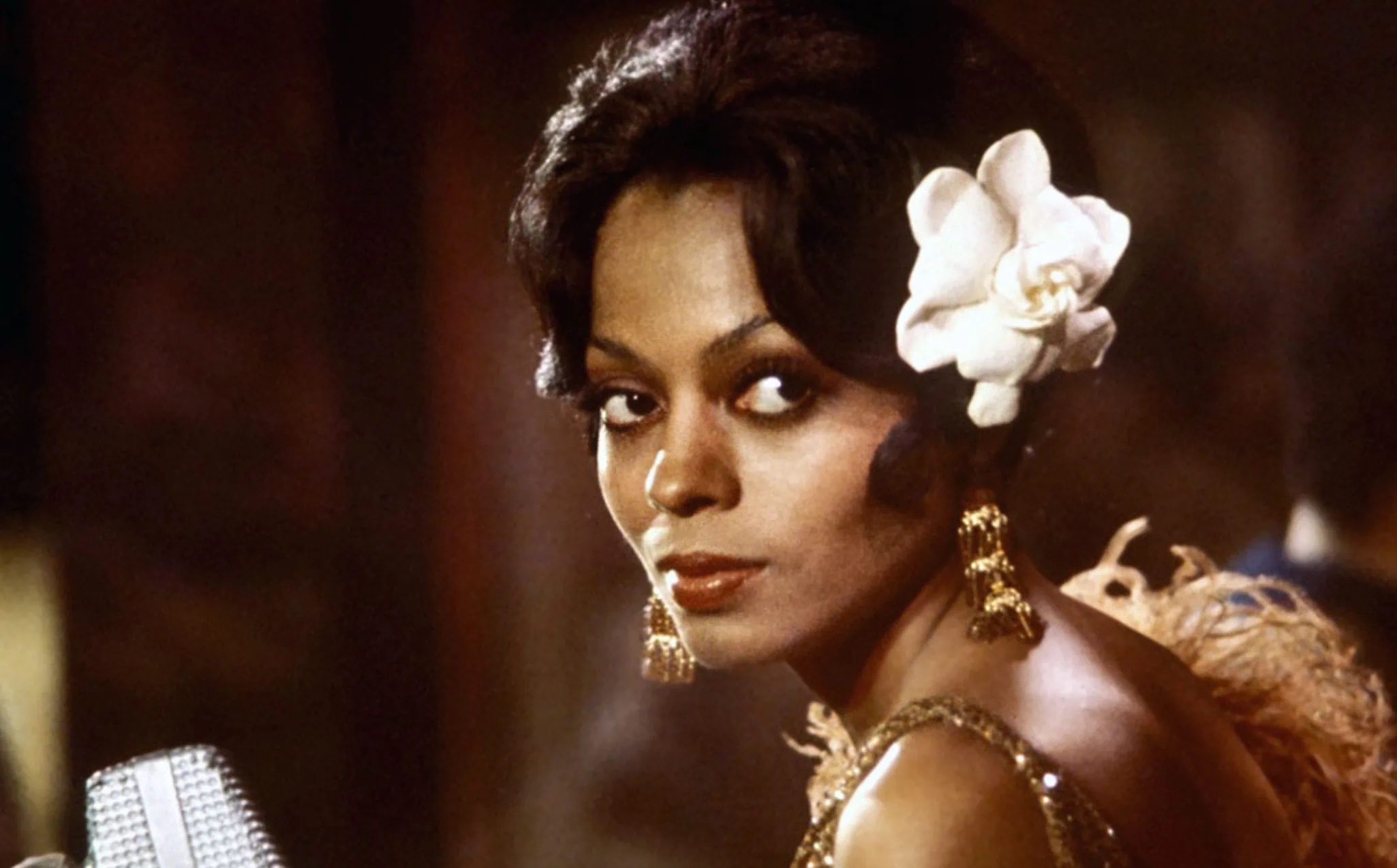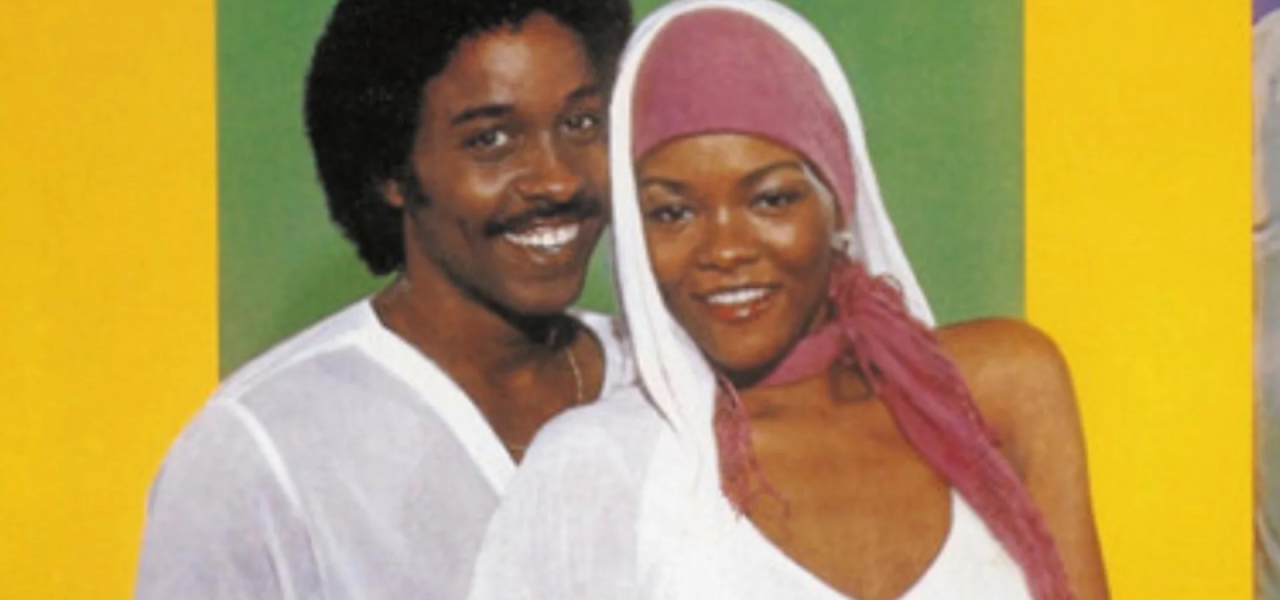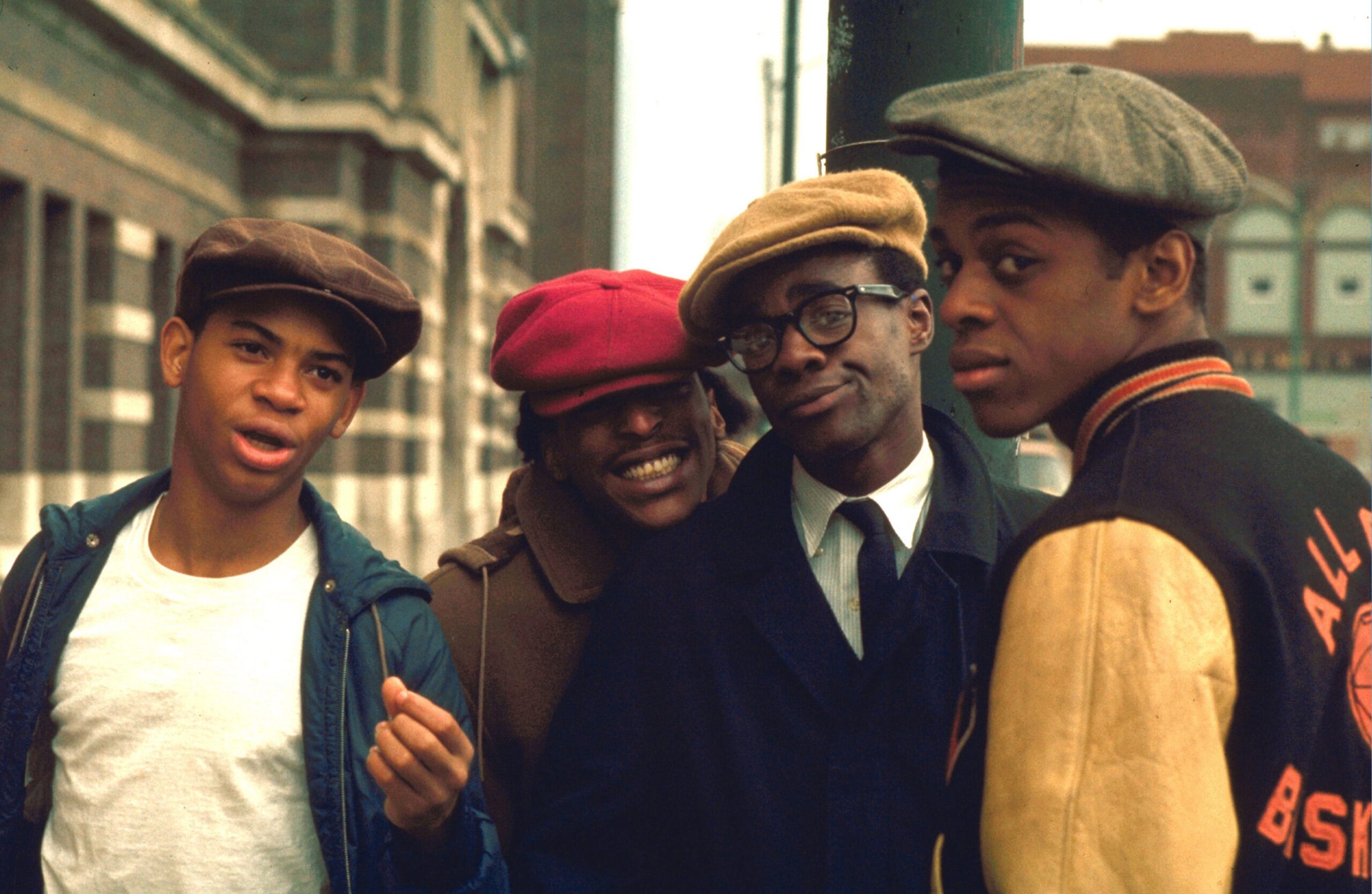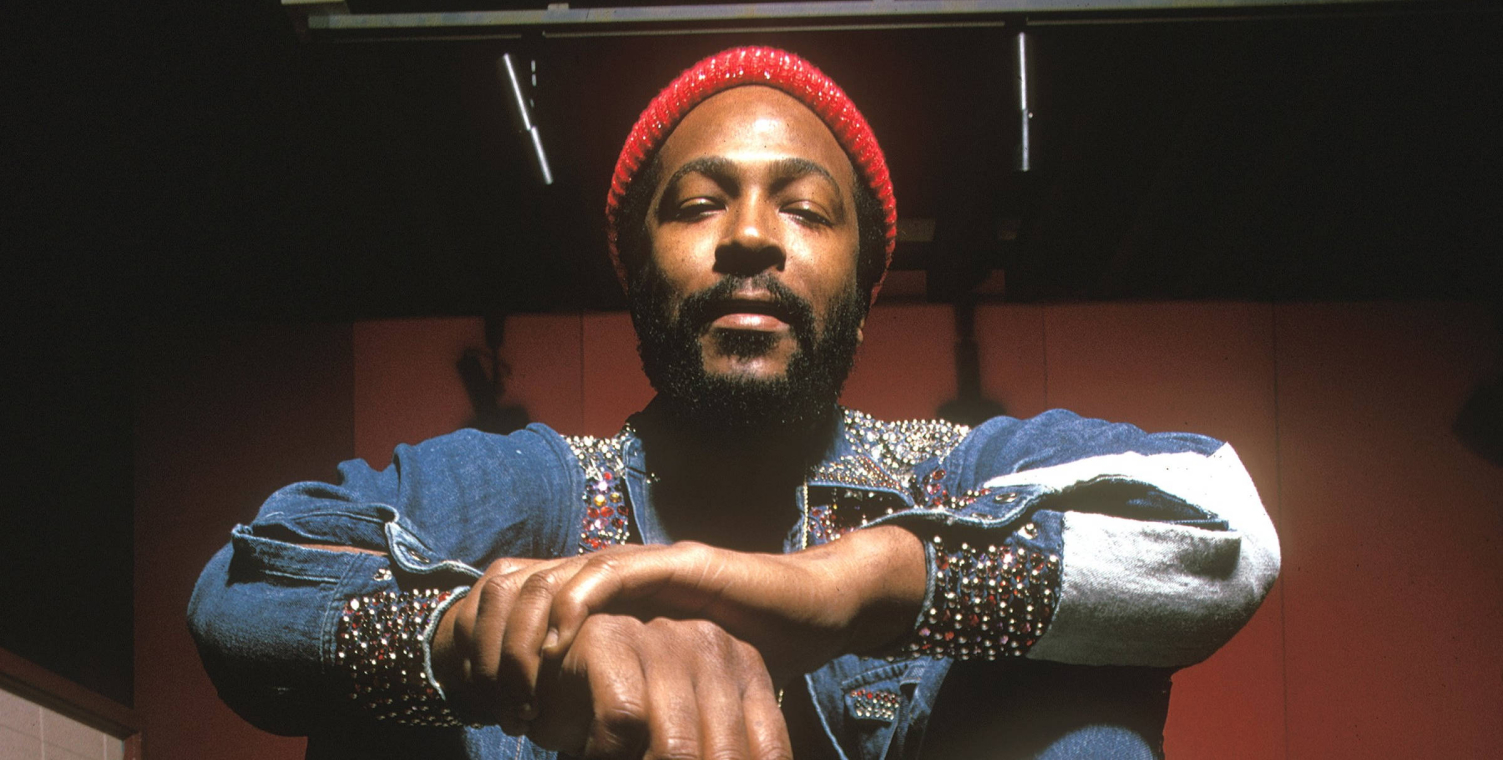- The Soulful Revolution: Rise of 70s Soul Music
- How a Genre Transformed the Cultural Landscape and Captivated Hearts Across America
The 1970s marked a pivotal era in the history of music, particularly in the realm of soul. It was a time when the electrifying sounds of Motown, funk, and rhythm and blues converged to give birth to a new wave of soul music. This was an era that witnessed the rise of iconic artists, the creation of timeless classics, and a cultural revolution that would forever change the musical landscape. With its infectious grooves, heartfelt lyrics, and powerful vocal performances, soul music in the 1970s captured the essence of a generation yearning for self-expression, social change, and a celebration of the human spirit.
In the 1970s, Motown Records, the legendary Detroit-based record label, experienced a significant expansion that solidified its impact on the music industry. Building on the success of the 1960s, Motown evolved and diversified its sound, embracing new genres like funk and disco. This expansion was marked by the emergence of talented artists such as Stevie Wonder and Marvin Gaye, who pushed musical boundaries with their innovative compositions. Additionally, Motown expanded its roster to include acts like The Jackson 5 and The Commodores, attracting a wider audience and achieving tremendous commercial success. The 1970s marked a dynamic and transformative era for Motown, cementing its position as a cultural powerhouse.
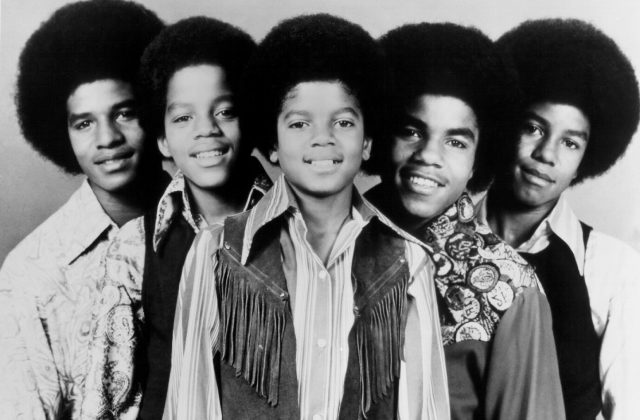
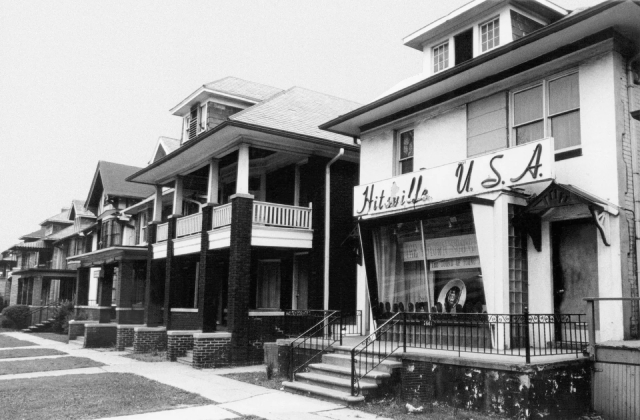
The 1970s marked the vibrant rise of funk music, a genre that emerged from the soul and R&B traditions, and evolved into a powerful and influential force. Pioneered by artists like James Brown, Sly and the Family Stone, and Parliament-Funkadelic, funk combined infectious grooves, syncopated rhythms, and a heavy emphasis on bass and percussion. The genre’s lyrics often explored social and political themes, reflecting the cultural shifts of the era. Funk’s infectious energy and danceable beats captivated audiences worldwide, and its impact extended beyond the music scene, inspiring fashion, dance styles, and even popular culture. The 1970s became a golden age for funk, leaving an indelible mark on music history.
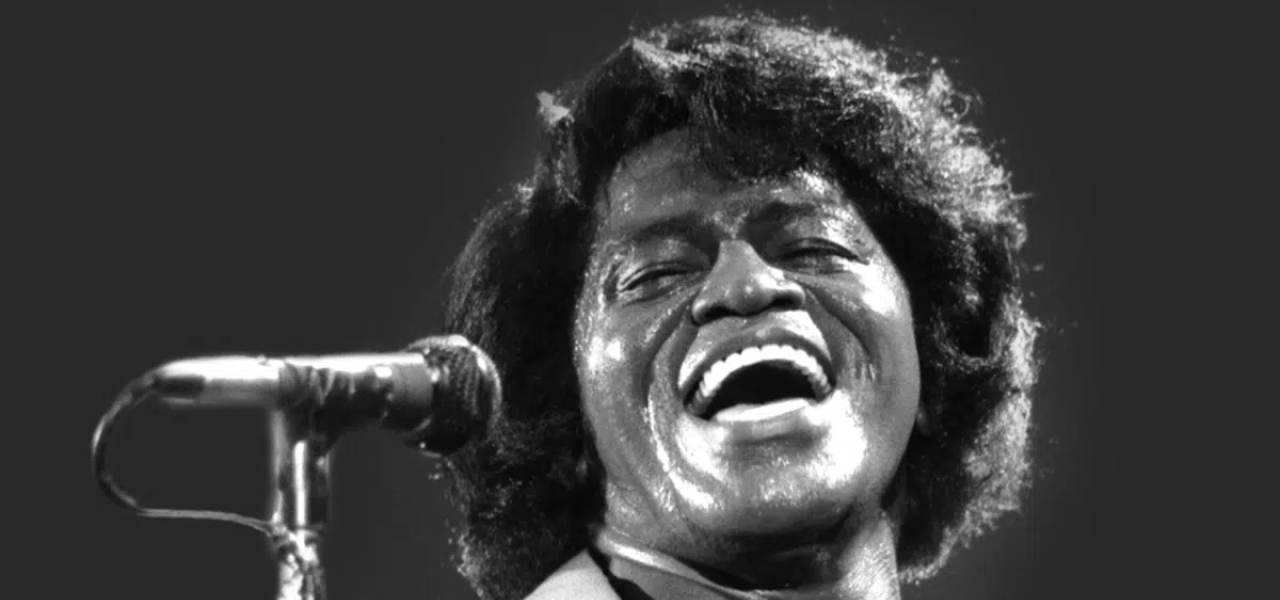 JamesBrown 1
JamesBrown 1
The 1970s marked a significant era in American music, witnessing the rise of the Philadelphia soul sound. This unique genre emerged from the vibrant music scene of Philadelphia, Pennsylvania, and came to symbolize a fusion of various musical influences, including rhythm and blues, funk, and gospel. Spearheaded by talented artists, songwriters, and producers, Philadelphia soul became a defining sound of the decade.
At the heart of the Philadelphia soul movement were renowned musicians and producers like Gamble & Huff, also known as Kenneth Gamble and Leon Huff. They established Philadelphia International Records, a label that would become synonymous with the genre. With its rich orchestration, lush vocal harmonies, and smooth melodies, Philadelphia soul offered a distinctive and sophisticated sound.
The O’Jays, Harold Melvin & the Blue Notes, Teddy Pendergrass, and The Spinners were among the prominent acts associated with Philadelphia soul. These artists delivered chart-topping hits that resonated with audiences nationwide. Songs like “Love Train” by The O’Jays, “If You Don’t Know Me by Now” by Harold Melvin & the Blue Notes, and “I’ll Be Around” by The Spinners became anthems of the era.
Philadelphia soul also became known for its socially conscious lyrics, addressing themes of love, unity, and empowerment. The music captured the spirit of the times, providing a soulful soundtrack to the struggles and aspirations of a generation.
Although the popularity of Philadelphia soul waned in the late 1970s, its impact on music was indelible. The genre’s influence can still be heard in contemporary R&B and soul music, ensuring its legacy endures. The rise of Philadelphia soul in the 1970s marked a significant chapter in music history, leaving an enduring imprint on the hearts and ears of generations to come.
The 1970s witnessed a remarkable rise in Southern soul, a genre that combined the rich traditions of R&B, gospel, and blues. Rooted in the African-American experience of the American South, Southern soul emerged as a distinct musical force. Artists like Al Green, Aretha Franklin, and Isaac Hayes defined the era with their passionate vocals and deeply personal lyrics. The genre’s rise can be attributed to its raw authenticity, capturing the struggles, joys, and resilience of African-Americans in a tumultuous time. Southern soul’s success also reflected changing societal attitudes and a growing appreciation for black artistry, ultimately leaving an indelible mark on popular music.
There was a rise of several influential female soul artists. Aretha Franklin, often referred to as the Queen of Soul, released groundbreaking albums and achieved massive success with hits like “Respect” and “Natural Woman.” Other notable female artists like Chaka Khan, Patti LaBelle, and Gladys Knight also made their mark on the soul music scene, empowering women and showcasing their incredible vocal talents.
The 1970s witnessed a profound rise of social and political commentary in soul music, reflecting the turbulent times and the quest for equality and justice. Soul artists embraced their platform to address pressing issues affecting their communities. With iconic figures like Marvin Gaye, Curtis Mayfield, and Stevie Wonder leading the way, soul music became a vehicle for activism and self-expression. These artists fearlessly tackled topics such as racial inequality, poverty, war, and political corruption. Through poignant lyrics and powerful melodies, they captured the collective frustration and aspirations of a generation. The soul music of the 1970s became a vital soundtrack of resistance, shaping social consciousness and igniting change.
During the 1970s, Soul music experienced a surge in mainstream popularity, achieving significant crossover success on the pop charts. This rise in popularity can be attributed to several key factors.
Firstly, the Civil Rights Movement of the 1960s had paved the way for a greater acceptance and appreciation of African American culture. Soul music, rooted in the African American experience, resonated with a wider audience, both black and white. Artists like Stevie Wonder, Marvin Gaye, and Aretha Franklin became cultural icons, using their music to address social and political issues of the time.
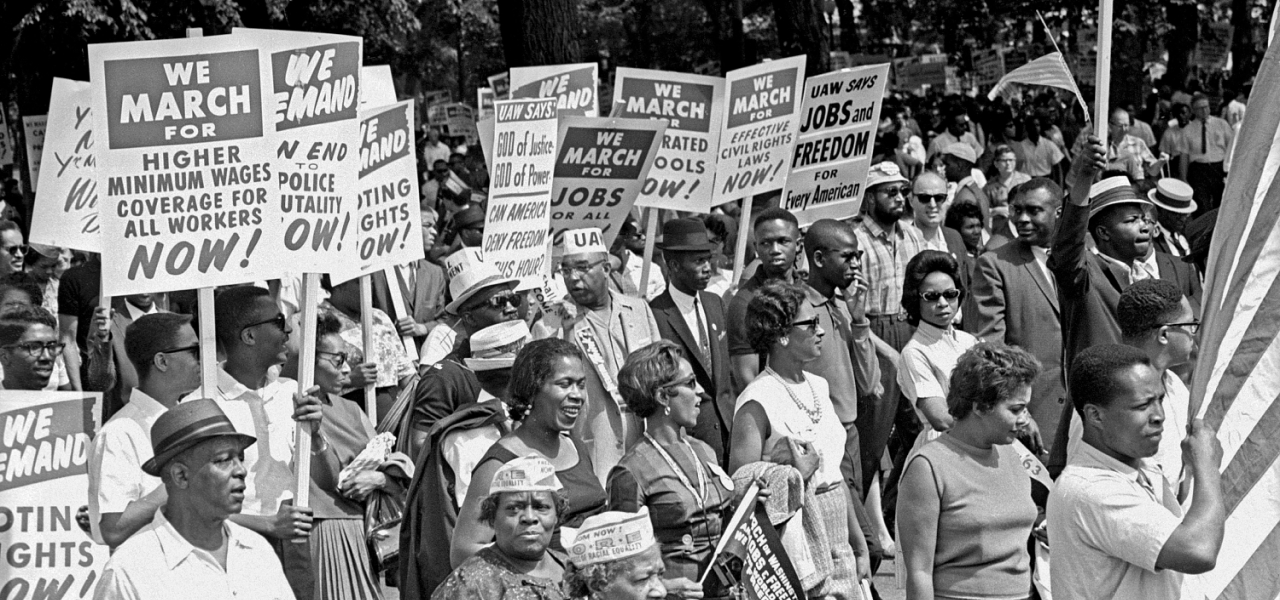 CivilRights
CivilRights
Additionally, technological advancements in recording and production allowed for a smoother integration of soul elements into pop music. Artists began experimenting with new soundscapes, incorporating lush orchestrations, funk-inspired rhythms, and gospel-influenced vocals, creating a more accessible and polished sound.
Moreover, the rise of disco music in the mid-1970s further propelled soul music into the mainstream. Disco, with its infectious beats and danceable tunes, embraced many elements of soul music, resulting in crossover hits that dominated the airwaves.
This marked a significant period for soul music as it gained mainstream popularity by tapping into societal shifts, embracing technological advancements, and finding common ground with other genres, ultimately solidifying its place on the pop charts.
The impact of soul music in the 1970s extended far beyond its time, leaving an indelible mark on the music industry and inspiring countless artists in its wake. Its legacy continues to reverberate through contemporary music, as the echoes of the era’s passionate melodies and soul-stirring lyrics can be heard in the works of artists across genres. The rise of soul music in the 1970s was a testament to the resilience and creativity of the artists who crafted its sound, and to the audiences who embraced its emotional resonance. It was a golden age that reminded the world of the power of music to unite, uplift, and ignite the soul. As we reflect on this remarkable era, let us be forever grateful for the enduring gifts of soul music that continue to touch our hearts and move us to this day.
You may also like
Black Cinema Month: Lady Sings the Blues
Diana Ross broke down racial barriers in this film. It’s October 12th! The film we’re
Please Don’t Stop The Music…Ever!
Revisiting Yarbrough and Peoples biggest hit “Don’t Stop The Music”
Celebrating Black Cinema Month
18 Iconic Black Films From the ‘70s That Everybody Needs To See It’s October, y’all!
7 Songs That Define Marvin Gaye
The Songs That Define Marvin GayeThemes of Love, Relationships, and Social Justice.....
